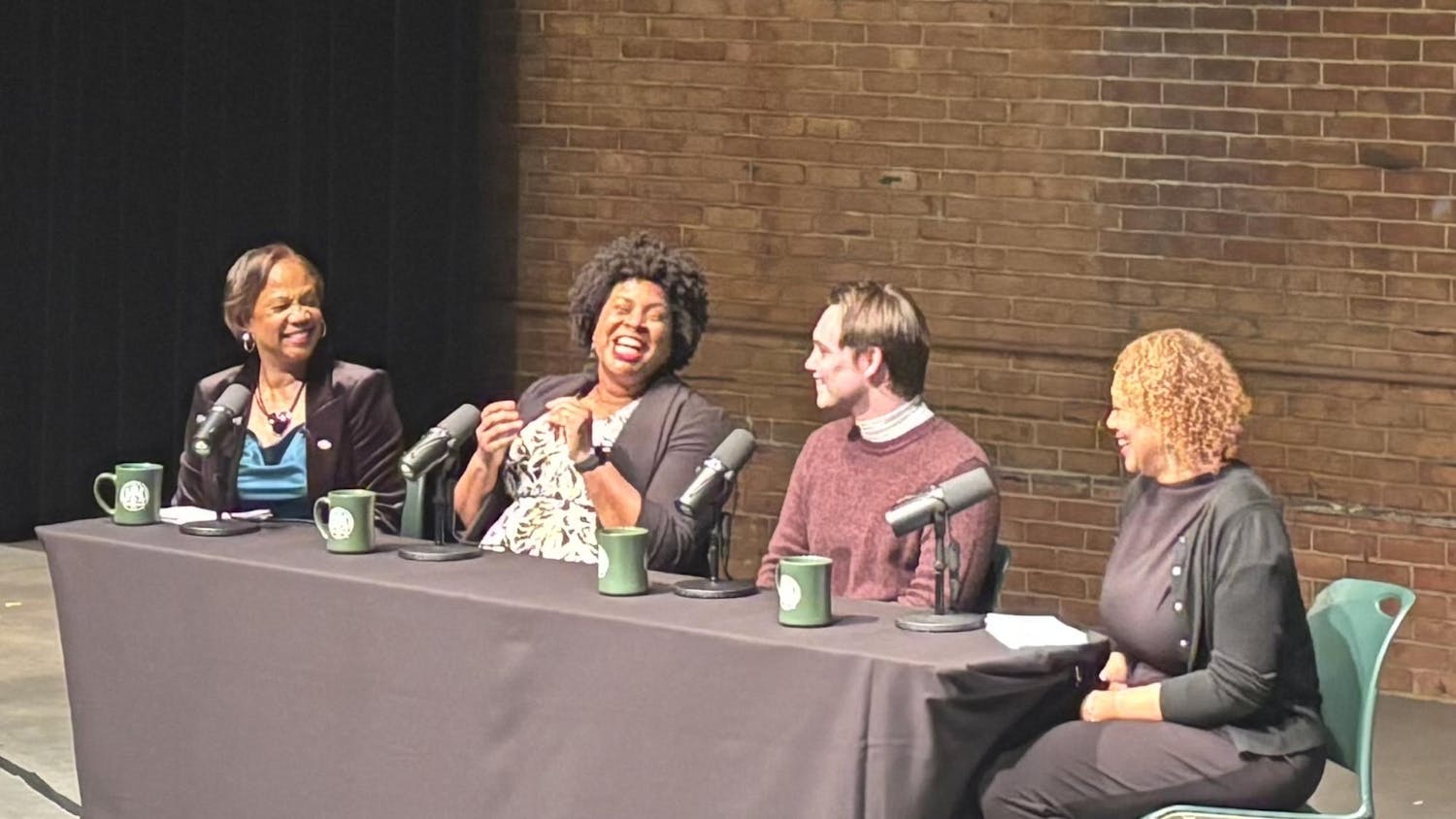November 6 held another historical election in the United States. Republicans took greater control over the Senate, while the predicted “Blue Wave” only somewhat hit the House of Representatives with Democrats taking over a majority of seats.
The night was not a great win for either party, but there were a number of wins for minority groups. Over 100 women were elected for positions, along with LGBT people and people of color. There is a lot of work to still do, but the voting public has made progress.
It is not uncommon for voters, especially liberal voters, to say or post things to social media that all tote the same message: if you did not vote, you do not get a say in what happens. During the 2016 election, I found myself angry at those who chose not to vote at all and complained about the results. What liberals are not considering when they say these things is the sinister act of voter suppression and just how difficult it is to vote in the United States.
Historically, voter suppression does the most damage to minority groups. Polling places in Georgia, a state with very high populations of black voters, experienced a myriad of technical difficulties. A lack of supplies, like voting machines, result in extremely long waits for the polls. It took some up to three hours to vote in some places, according to Vox. Similar issues arose in Detroit impacting black, Hispanic, and Arabic voters.
Long waits for polls also impact poor people and people with disabilities. Because workplaces often don’t give employees the day off on election days, it’s sometimes impossible for poor people living from paycheck to paycheck to skip work or wait for three or more hours to vote. Standing in lines for hours can impact people with disabilities, both visible and invisible. It can also be deadly for some.
In North Dakota, citizens are required to have a residential address to be eligible to vote. Passed in 2012, this motion, set by Republicans, made it impossible for thousands of Native Americans to vote in more recent elections. Many North Dakota Native Americans live on reservations, and thus use a P.O. box as opposed to a permanent address, according to Vox.
Ex-felons have a great amount of difficulty when it comes to voting. In some states, ex-felons can never vote again, or have to wait extended periods of time to vote. For some, the person has to no longer be on parole or probation. This can make it extremely difficult for people to have their voices heard, especially when many are people of color incarcerated under minor charges.
Florida, just after this year’s election, granted over one million ex-felons the right to vote, but ex-felons in other states do not have that same privilege.
The policies, laws and amendments that conservatives in Congress want to pass often directly impact people of color and other minority groups. Why should a person of color, who did not vote, be shunned for discussing their disdain for the state of politics, when it directly impacts them, by white voters who are not affected by said politics in any way? What white, middle class, able-bodied voters fail to recognize far too often is the privilege they have when it comes to voting.
Another sentiment touted by white liberal voters is the idea that voting will change everything. The simple act of going to the polls is the strongest and most important thing a person can do. So much more needs to be done in the way of rights for minoritized groups who often have an extraordinarily difficult time getting their voices heard by voting.
Voting must be done by the privileged to aid silenced minorities, but it cannot be the only action taken by those with privilege. Standing up for the unprivileged by attending rallies and protests in favor of the minoritized in a respectful manner can help remove officials who uphold racist, sexist, homophobic, transphobic, and xenophobic ideologies. with the wish to remove those in power who uphold racist, sexist, homophobic, transphobic, xenophobic ideologies. In the end, it is the voices of the privileged that will be heard over the voices of those the privileged have privilege over.
If you were able to vote, thank you for exercising your rights as a citizen to hopefully incite change in this country.
If you did not vote, because you were physically unable for any reason, know that your voice is important and heard.
If you did not vote despite your privilege as a white, able-bodied and minded, middle class person because you did not see the point, take note of the privilege that allowed you to stay home on Tuesday. Think of what you can do to use that privilege for good.








